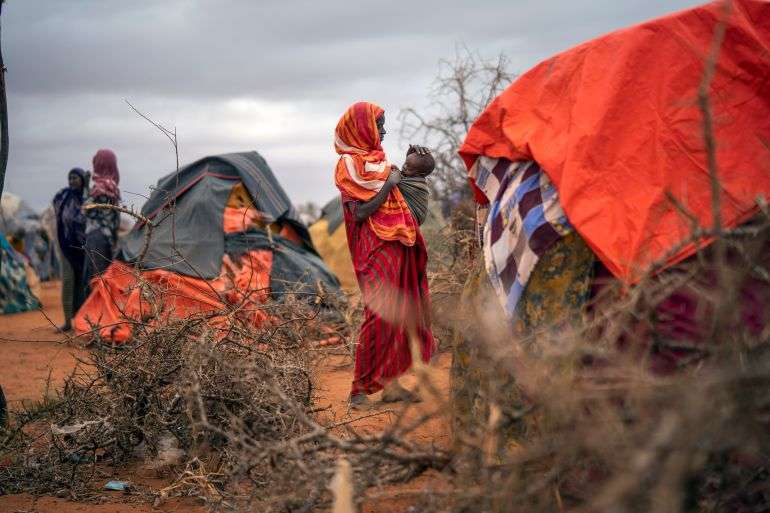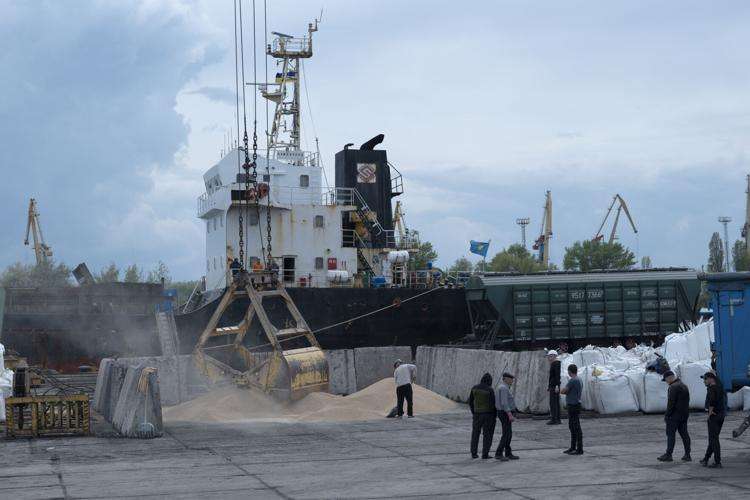The collapse of the Black Sea grain deal has begun having adverse impact on nations far from the frontlines. Russia decision to withdraw from the grain deal, that allowed Ukraine to utilize the Black Sea to transport its grains to the international market, has resorted the gradual increase of food prices globally.
Ukraine’s grain exports has long been a source of subsistence for East African nations rocked by global warming, political tensions, and civil war.

According to analysts, an outright termination of the deal, would resort to the spike in consumer prices, and farmers and relief organizations in financial straits, would be under pressure to respond to problems like violence and famine.
“We already know or can predict to a fair degree the impact the pausing of exports from that region to the rest of the world, especially East Africa and the Horn of Africa, will have on food prices. We should expect to see an inflationary pressure on the price of grain, especially on countries that are dependent on imports where these grains are mostly staples feeding millions of people pushing more people into vulnerability and insecurity.”
Debisi Araba, a Food Policy Strategist.
After the breakout of war between Moscow and Kyiv last year, the shipment of grains from Ukraine to the international markets stalled. However, through the interventions of Ankara and UN, a deal was reached in July 2022, that permitted export of grains and fertilizers from the two warring nations.
Not all, about 32.8 million tons of corn, wheat, and other essential commodities from Ukraine, have been able to reach the international markets, since the deal was finalized.
Out of the exported grains from the Ukraine, over half of these grains ends up at the warehouses of the World Food Program. According to a spokesman for the World Food Program, a significant portion of that, are eventually distributed to drought-stricken areas in Ethiopia, Kenya, and Somalia.

In recent days, humanitarian organizations have sounded an alarm of a probable food shortages. Kariuki has acknowledged the probability of aid reduction as a result of wheat price fluctuations.
“We will have to look at other markets, which increases our lead time, and potentially increases the cost of bringing that food into this market. More people might be pushed into hunger. If you think of higher costs of food anywhere in the world, even in the homestead, everyone has to tighten their belts to really make sure they are able to afford the food when the prices go up. We will probably be in a position where WFP has to prioritize who gets the food. We are looking at significant people in need of food assistance, and yet we are having less and less resources, for food that is getting more and more expensive.”
Brenda Kariuki, WFP spokesperson for East Africa.

On the other hand, the prices of food decreased by 23% from its peak in March 2022, after the agreement was signed, Global market prices for wheats and other grains returned to normalcy as a result of the deal.
Following that, the Black Sea deal has been lengthened by a number of brief additions, with the most recent being in March 2023.
However, Moscow has chosen to withdraw from the agreement, pending the fulfillment of a number of important conditions set up by Russia, including the relaxation of limitations on its own fertilizer goods, after feeling the pinch of Western sanctions.
READ ALSO:Tory Losses Selby Seat, Labour And Liberal Democrat Wins Big























